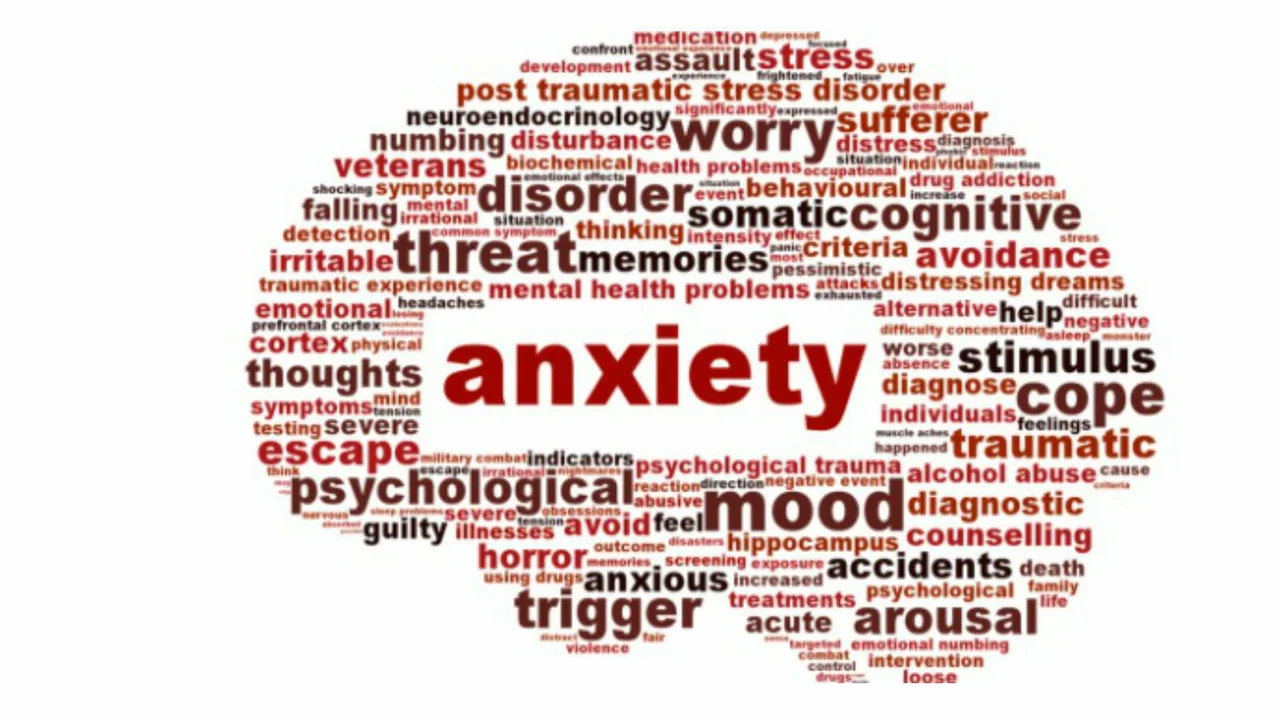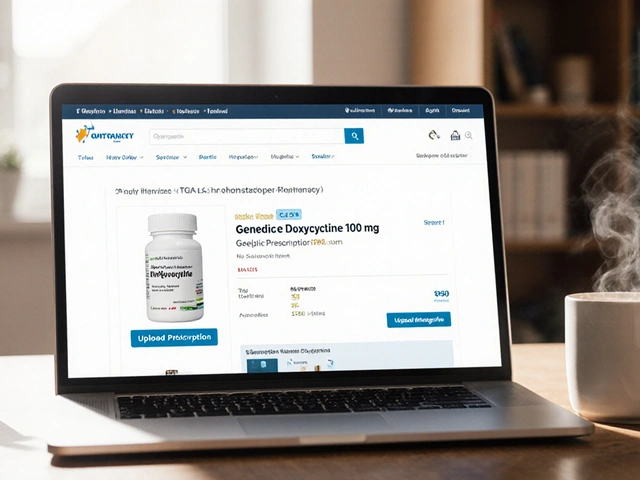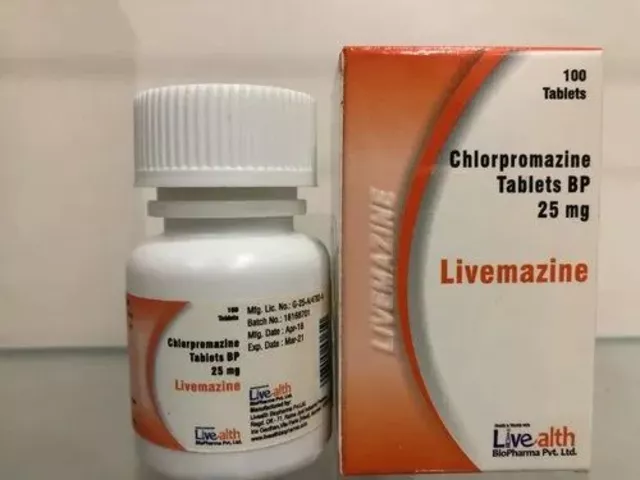Mental Health: Practical Help for Anxiety, Depression, and Side Effects
One in five adults deals with a mental health challenge each year. If that sounds familiar, you’re not alone and you don’t have to guess what to do next. This page collects clear, usable advice for common problems—performance anxiety, panic attacks, depression, and emotional side effects from drugs like Nilotinib.
Want quick wins? Try small changes first. They help reduce symptoms and make getting professional care easier. Below you’ll find concrete steps you can use right away and guidance on when to reach out for more support.
Quick steps you can try today
Breathing and grounding are immediate tools. Use a 4-4-4 breath: inhale 4 seconds, hold 4, exhale 4. If you feel panic coming, name five things you can see, four you can touch, three you can hear—this shifts your focus from fear to the present.
For performance anxiety, practice like you’ll perform: rehearse in front of a friend or record yourself. L-theanine (found in green tea) can calm nerves for some people; talk to your doctor before trying supplements. Cut back on caffeine and alcohol on busy days—these often worsen anxiety.
Depression often drains energy and motivation. Small structure helps: pick one easy task each day, set a short walk, and keep a sleep window. Tracking mood in a simple journal helps spot patterns so you can adjust sleep, food, or activity before things get worse.
Understanding when problems overlap
Panic disorder and depression often show up together. Panic attacks can make you avoid situations, which can worsen low mood. Depression can also make panic feel scarier. Keep a short log: what happened before the attack, how long it lasted, and what helped. That info makes therapy and medication decisions clearer.
Medications treat symptoms but can cause emotional side effects. If you’re on a drug like Nilotinib and notice mood swings, increased anxiety, or low mood, tell your prescriber. They can adjust dose, switch drugs, or add supportive therapy. Don’t stop medication abruptly without medical advice.
Therapy choices include cognitive behavioral therapy (CBT) for anxiety and depression, exposure-based work for panic and performance fears, and supportive counseling for coping with medical side effects. If medication is recommended, a psychiatrist can explain options and side effect management.
If you feel unsafe or think about harming yourself, contact emergency services or a local crisis line immediately. For less urgent concerns, start with your primary care provider, a mental health clinic, or an online therapy service. Small steps matter: try one coping skill today and book one appointment this week. For more focused reads, check our articles on natural alternatives to propranolol for performance anxiety, how panic disorder and depression connect, and coping with Nilotinib's emotional side effects.











